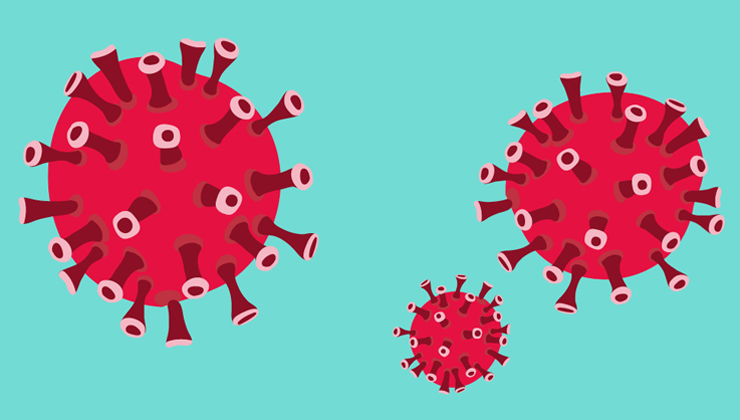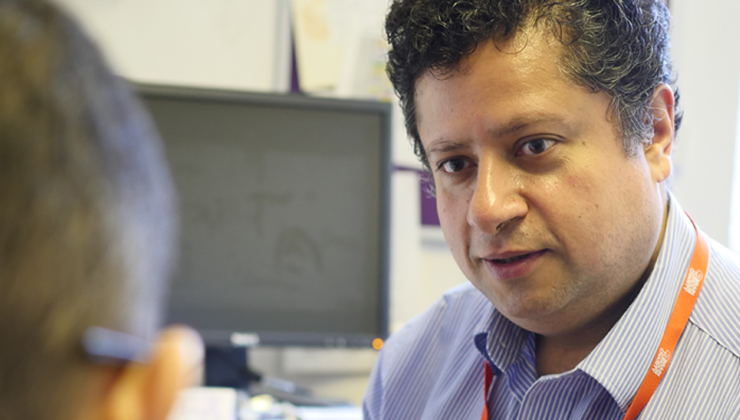Coronavirus (COVID-19) and brain tumours
We know that there will be a number of concerns from our community related to the coronavirus and how it can affect you following a brain tumour diagnosis. So we have put together the following resources to help you keep up to date with the latest advice.
What is coronavirus COVID-19?
Coronavirus are a large family of viruses which may cause illnesses in humans and animals. In humans, they are known to cause respiratory infections ranging from the common cold to more severe diseases. The most recent coronavirus to be found causes coronavirus disease called COVID-19. COVID-19 is an illness that can affect your lungs and airways.

Coronavirus updates
Get the latest health advice around coronavirus COVID-19 and how you might be affected

Vaccinations & brain tumours
Information and advice about newly developed COVID-19 vaccinations.

Treatment changes
How coronavirus is affecting brain tumour treatments and advice on how to cope

Benefits and employment advice
Our experienced benefits advisor explains how your finances could be affected.

Information for carers
Advice on how to protect the people with a brain tumour that you care for during coronavirus

I think I have a brain tumour
What you should do if you think you have a brain tumour during the COVID-19 pandemic.